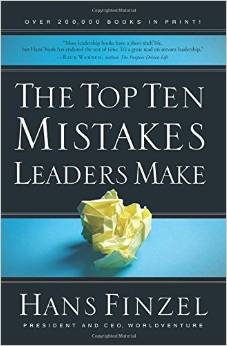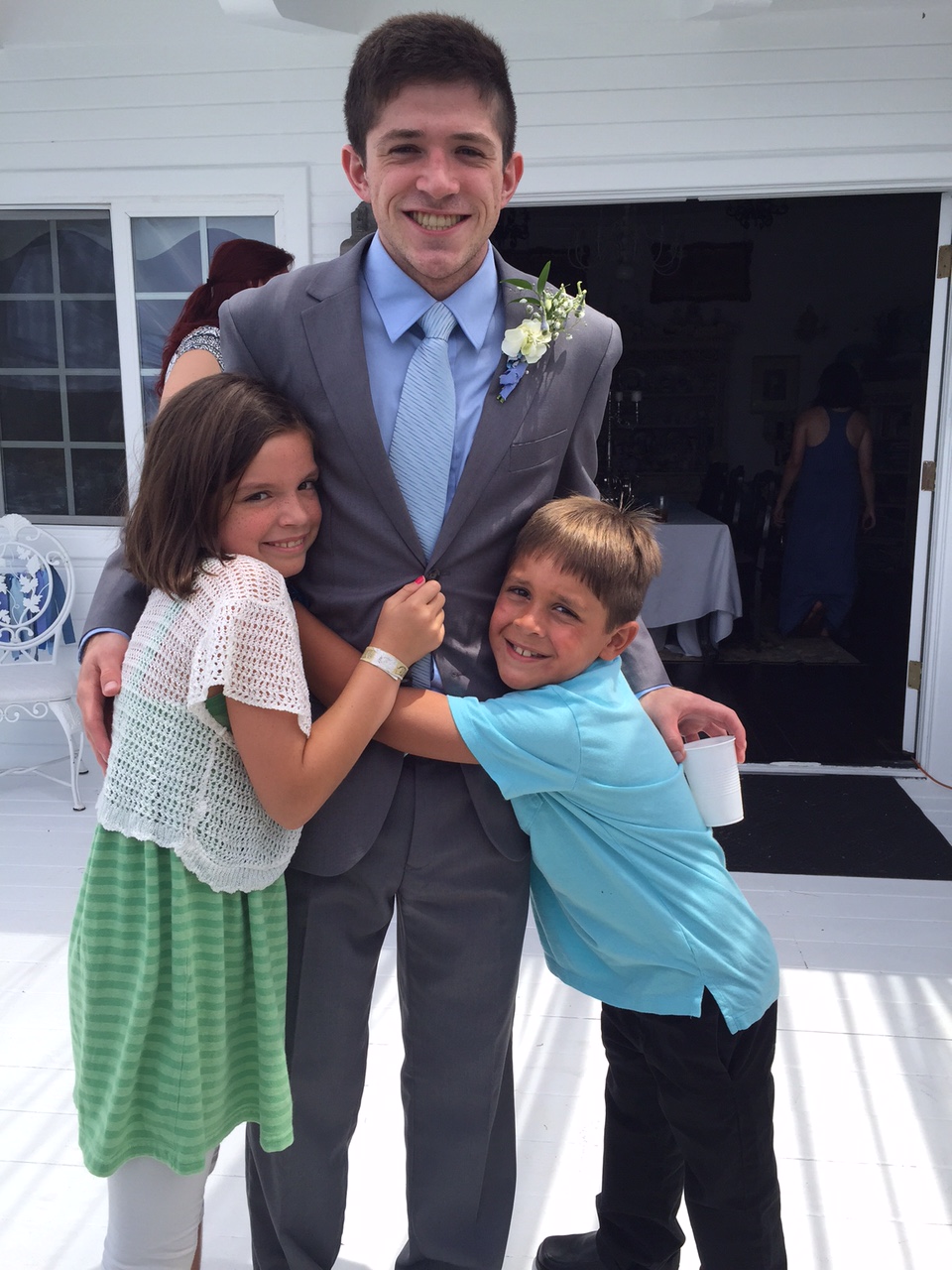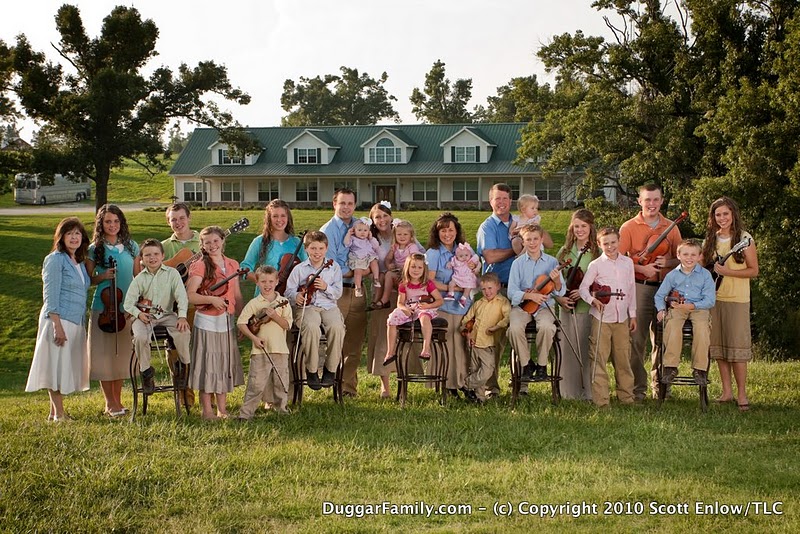Stop hoarding gifts.
joeacast
Have you ever watched an episode of Hoarders? There is something disturbing about entering someones home that is covered, floor to ceiling, with “stuff” that they just can’t release. I seriously can’t stomach more than one episode of that show at a time, it just makes me ill.

One episode Traci and I watched showed a woman whose house was completely filled with boxes upon boxes, each overflowing with trinkets and garbage and books and food and... As the hoarding psychologist walked through the house with her (literally walking on paths barely wide enough for one person) he asked her, “So why are you keeping so much of this stuff?” He was trying to start the unpacking process (pun intended) with her. She replied, “I think a lot of this stuff will make some great gifts for others.”
The psychologist wasn’t buying her line, and pointed out that she was hoarding gifts, not giving them away. Clearly she was a collector of sorts, not a giver. Seeing someone’s house full of stuff, it’s easy to see their hoarding behavior, but I wonder how many of us hoard gifts of a different sort?
Toward the end of the book of Exodus, God is giving Moses the blueprints for building the Tabernacle, and all of the items that would be a part of Israel’s worship of Him. The details God gave were so specific, and required serious skill to execute. God gave plans for curtains, for giant copper washing basins, large gold rings, intricately carved flowers and birds, and expertly woven tapestries.
I’m guessing, that at some point, Moses had to think, “How on earth am I going to do all of this work??” Maybe he was an accomplished Gold or Copper smith, but he certainly wouldn’t have had the skill, or time, to accomplish everything God was requesting.
That’s ok, God had plans. In Exodus 35 we see that God had already orchestrated skilled laborers to be a part of Moses’ team. Two men in particular, were especially talented artists, and were gifted as teachers, able to show others how to be skilled in their craft, too. Men, women and children were put to work preparing the articles of the Tabernacle and worship, and God had already put the perfect team together (Exodus 35:30-35).
Over the years, I’ve had the privilege of meeting some pretty amazing people; great managers, pastors, leaders, musicians, performers and every day moms and dads. Men (and women!) who were incredibly talented in some areas and once or twice, I’ve met a person who seemed talented in almost every area of life! They could sing, preach, build, paint and more. You know the type of person I’m talking about?
I’ve also met the some people that were really hard to work along side. People who led small organizations or churches that could never quite get over the hump, as well as people who led large organizations that could never seem to get their team all pointing the same direction. Some of these people seem to be so talented (or cocky?) they push other talented people away from them. Big lofty goals in their families or teams, in their businesses or ministries, continue to go unmet year after year, because they are hoarders...talent hoarders.
I think it’s so interesting in Exodus that God gave Moses this massive vision for a building a place where God would be worshipped while Israel wandered around the wilderness, then surrounded him with the team necessary to see the dream completed. Moses wasn’t greedy to be the guy who had all the skills or know-how, he apparently, was eager to release it to others. He was happy to bring a team alongside him.
Earlier in Exodus, Moses father-in-law, Jethro, stopped by to check in with Moses and to bring his wife and kids back to him (Moses had apparently sent his wife back to her home when things in Egypt got kind of crazy). When Jethro saw Moses acting as judge for all the problems the people had, he flipped his lid and told Moses to let others help carry the load, saving the largest issues for Moses to settle. Moses was more-than-happy to follow his father-in-laws advice, and let other talented people step in and use their gifts (Exodus 18:13-27).
The same was most certainly true in Exodus 35, because by the middle of Exodus 39, Moses’ final inspection took place and by Exodus 40 the new mobile place of worship was being set up! God gifted others to help Moses see the Tabernacle dream completed, and by releasing other gifted people to serve (instead of hoarding the work and talent himself!) Moses was able to reach the goal.
How about you? Are you a gift hoarder? Are you trying so hard to accomplish God-given dreams by yourself, that you keep spinning your wheels and getting stuck? Do people keep leaving your team because you aren’t releasing or inspiring them to use their gifts? Are you worried about who is going to get the credit? Have you ever feared that a project would be completed differently than you imagined if others came along and helped?
Almost everywhere you see true Kingdom work being done for the Lord, you’ll find a team of people using their gifts to see that work accomplished. Gift hoarders can only go as far as their own talent and management can take them, but those who will allow others to use their talents, gifts and perspectives will find greater joy in the journey, and help for the tough seasons. In fact, most often when I find myself stuck, I find God has already prepared someone else to come along side, to use their gifts, to help me move forward again.
Hoarding gifts can feel safe, and can give us a false sense of control. Where as releasing people to use their God-given talents can feel frightening, and even like we’ve lost control. But learning to work with others, and learning to appreciate how God gifts those around us can make the difference between finishing our dreams and goals, and stressing over another year passing without them being completed.
Is it time for you to stop hoarding gifts?
Go ahead and take the plunge, life is always better on the water!















